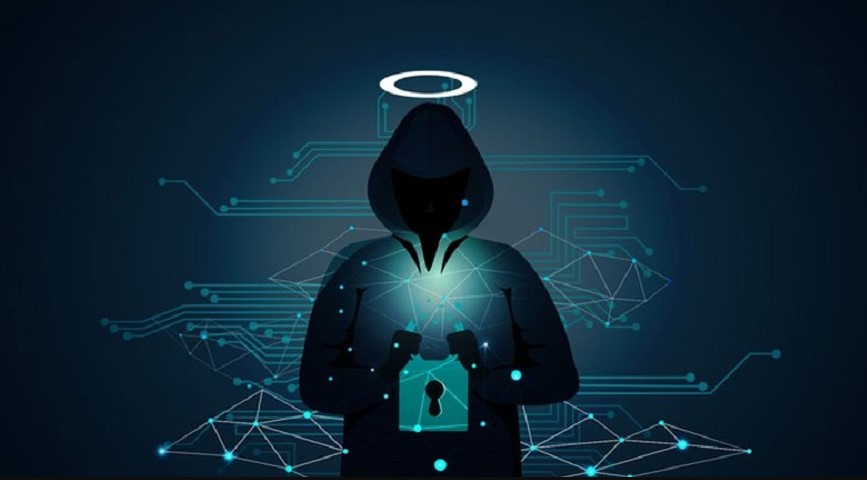Ethical Hackers the Guardians of Cyber Security
April 12, 2024

In the cat-and-mouse game between cybersecurity defenders and malicious actors, ethical hacking emerges as a powerful ally in identifying and fortifying vulnerabilities. This practice, also known as penetration testing or white-hat hacking, involves skilled individuals proactively seeking out weaknesses in computer systems, applications, and networks. In this blog post, we’ll explore the world of ethical hacking, its significance, and the ethical principles that guide these digital guardians.
Understanding Ethical Hacking
Ethical hackers, armed with the same tools and techniques as their malicious counterparts, are authorized to probe and assess systems for vulnerabilities. Their primary goal is to identify weaknesses before cybercriminals can exploit them, ultimately fortifying the organization’s security posture.
The Importance of Ethical Hacking
In an era where cyber threats are ever-evolving, organizations cannot rely solely on reactive security measures. Ethical hacking provides a proactive and realistic assessment of an organization’s security defenses, helping identify and address potential weaknesses before they can be exploited by malicious actors. It serves as a crucial element in a comprehensive cybersecurity strategy.

Simulating Real-World Threats
Ethical hackers simulate real-world cyber threats, emulating the tactics, techniques, and procedures used by adversaries. By replicating these scenarios, organizations gain insights into their vulnerabilities and can develop effective strategies to mitigate potential risks. This approach ensures that security measures are not just theoretical but have been tested in a dynamic and evolving environment.
Ethical Hacking Methodologies
Ethical hacking involves a structured and systematic approach. From reconnaissance and scanning to exploitation and post-exploitation, ethical hackers follow a well-defined methodology. This approach allows organizations to understand the attack surface, assess potential entry points, and evaluate the effectiveness of existing security controls.
Maintaining Ethical Standards
Ethical hackers operate under a strict code of conduct that prioritizes legality, integrity, and confidentiality. Permission must be obtained before initiating any testing, and the scope and rules of engagement must be clearly defined. The goal is to improve security without causing harm, and ethical hackers adhere to the principles of responsible disclosure, ensuring that identified vulnerabilities are reported and addressed responsibly.

Continuous Improvement and Learning
The field of cybersecurity is dynamic, with new threats emerging regularly. Ethical hackers engage in continuous learning, staying abreast of the latest attack vectors, vulnerabilities, and security best practices. This commitment to ongoing education allows ethical hackers to evolve alongside the threat landscape, providing organizations with cutting-edge insights and solutions.
Ethical hacking stands as a testament to the proactive and innovative approach required in the field of cybersecurity. By embracing the skills of ethical hackers, organizations can identify and address vulnerabilities before they become liabilities. The ethical principles governing this practice underscore its commitment to responsible, legal, and constructive efforts to enhance digital security. In a world where cyber threats are ever-present, ethical hacking serves as a beacon of assurance, safeguarding the digital landscapes we navigate daily.
Put your worries away and let Cocha Technology uncover what you’ve been missing, today.
Have Any Question?
Call or email Cocha. We can help with your cybersecurity needs!
- (281) 607-0616
- info@cochatechnology.com




